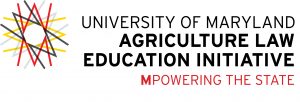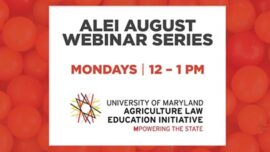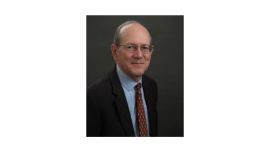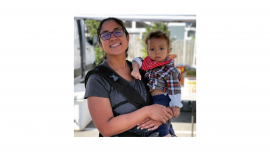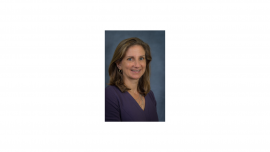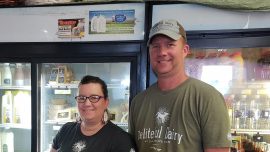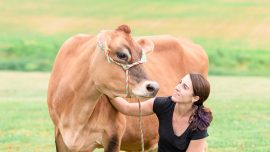January 2021 Update
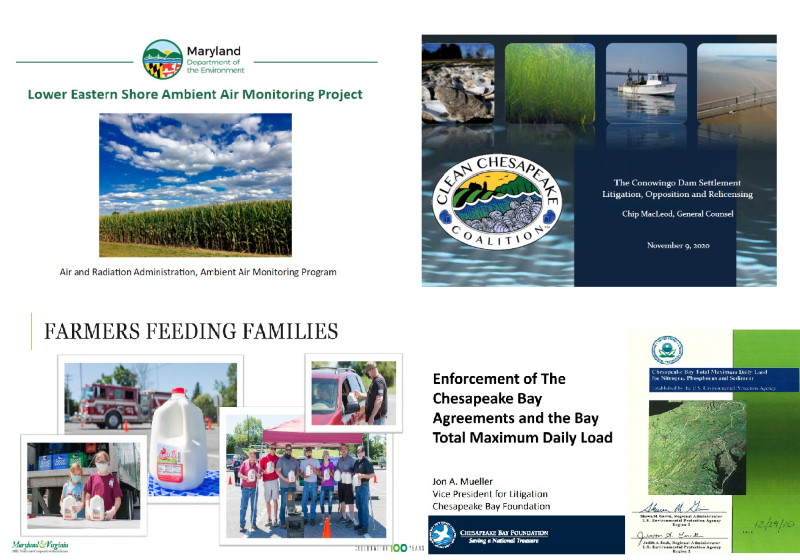
Sixth Annual Agricultural and Environmental Law Conference Held Online
ALEI to Help Farmers with Legal Side of Direct Marketing
ALEI to Collaborate on Cultivating Conservation Project for Maryland and Delaware Farmers
New Resource to Aid Growers Interested in Water Quality Trading
ALEI Workshops Provide Resource to Maryland Farmers
Sixth Annual Agricultural and Environmental Law Conference Held Online
By: Devin Doolan
As we begin the new year, we would like to take a moment to look back on ALEI’s 2020 Agricultural and Environmental Law Conference, the sixth annual conference and the first to be held entirely online. Some 167 participants from 16 different states attended the November conference. Despite the global health crisis, ALEI was able to continue its mission of providing legal education to Maryland’s farm families. This would not have been possible without our staff, panelists, the Maryland agricultural community, and our sponsors: MARBIDCO, Maryland Farm Bureau, MidAtlantic Farm Credit, the Harry R. Hughes Center for Agro-Ecology, and the Maryland Nursery, Landscape, and Greenhouse Association, Inc.
Show More The focus of the 2020 conference was to put together “a dynamic array of topics and speakers who [would] offer unique perspectives on the most important issues facing agricultural and environmental professionals this year,” according to ALEI Legal Specialist Sarah Everhart. These issues ranged from the impact COVID-19 had on dairy production to the future of the Waters of the U.S. Rule under a new presidential administration. Speakers included farmers, attorneys, and scientists from a large number of agricultural and legal organizations. Media outlets from across the country picked up on the relevant issues covered at the 2020 conference. ALEI Legal Specialist Nicole Cook’s session, Pivoting in a Pandemic: Risk Management During COVID-19 from the Perspective of Maryland’s Dairy Farms, was featured in Progressive Dairy, a publication known for forward-thinking insight and news for the dairy producing community. Central to this feature were ALEI’s three panelists – Lindsay Reames, Katie Dotterer-Pyle, and Brooks Long – and their detailed perspectives on dealing with COVID-19 in the dairy industry. Reames, Director of Sustainability and External Relations for Maryland and Virginia Milk Producers Cooperative Association, provided a “cooperative perspective” detailing solutions to problems COVID-19 caused for dairy producers “spanning from New York to Georgia.” Dotterer-Pyle and Long each own and manage private farms in Maryland, which gave them the opportunity to share their first-hand solutions to the issues of COVID-19. To read this story, go to https://www.progressivedairy.com/news/industry-news/covid-19-forced-a-pivot-in-mid-atlantic-dairy-supply-chain. Inside EPA, one of the country’s premier publications covering policymaking in Washington, DC, did a recent feature on ALEI’s panel Waters of the US: From Obama to Trump Understanding How the Rule Impacts Agriculture in the Mid-Atlantic. Panelist Matthew Leopold, a current partner at Hunton Andrews Kurth and former general counsel to the EPA, provided an inside perspective on the current state of the rule and the changes it may face in the future. Leopold was joined by Don Parish and Matt Pluta, who bolstered the interdisciplinary discussion with expert knowledge on the realities of water pollution and the science behind it. Response to ALEI’s first online conference was very encouraging, with the majority of participants surveyed saying they would prefer a 2021 conference to incorporate at least some online aspects if held in person. This outcome would not have been possible without the work of ALEI’s staff, especially coordinator Marta Manzano, who spearheaded the transition to an online format. To watch recordings of each session and learn more about the 2020 Conference, go to https://umaglaw.org/2020-annual-agricultural-and-environmental-law-conference/. Close
ALEI to Help Farmers with Legal Side of Direct Marketing
By: Megan Todd and Sarah Everhart
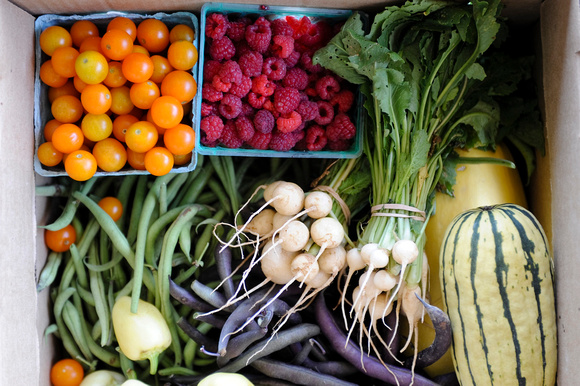
In November 2019, ALEI at the University of Maryland Francis K. Carey School of Law, was awarded Specialty Crop Block Grant Program funding to develop and present materials to assist growers who are beginning, pivoting to, or expanding direct marketing activities to better understand their legal compliance requirements and potential liability exposure. In recent years, and most recently due to the COVID-19 pandemic, agricultural direct marketing has seen a resurgence in popularity as customers seek out more locally produced fresh foods. Direct marketing can provide many advantages to farm operators but will likely also present legal challenges.
Show More In December, 2020, ALEI team members Sarah Everhart and Margaret Todd completed The Legal Guide to Direct Farm Marketing for Maryland Produce Growers. Everhart and Todd have already presented on the topic during the University of Maryland Eastern Shore Small Farms Conference on November 7, 2020, the University of Maryland Extension (UME) Winter Vegetable Meeting on December 10, 2020, and the Future Harvest CASA Pre-Conference on January 14, 2021. Producers will have three more opportunities to attend a presentation about the legal aspects of direct marketing and receive a free copy of the Guide by attending the UME Fruit Meeting on February 10, 2021 or one of ALEI’s Legalities of Direct Marketing Webinars, February 18 & 23, 2021; for more information and to register visit: https://legaldirectmarketing.eventbrite.com. According to Ginger Myers, Marketing Specialist with University of Maryland Extension and one of the experts consulted during the project,”Marketing is the root of all money for any operation, but direct marketing can be an overwhelming process for any size operation. Growers who are interested in direct marketing at any level should attend a presentation and hear from the knowledgeable legal specialists at ALEI how to maximize their marketing efforts.” The Guide is laid out in three main parts to address different areas of concern for growers engaged in various stages of direct marketing. The first part of the Guide includes legal considerations for producers who need an overview of potential legal obligations. The Guide will help farmers keep track of the laws that need consideration, and provide references and links to resources for taking necessary steps toward compliance. The second part of the Guide covers basic contracting principles and provides a framework for evaluating direct marketing contracts. The final part of the Guide addresses legal issues commonly encountered when advertising and making sales online through social media platforms and a business website. For example, considerations related to online ordering and delivery. Anyone with questions can contact Megan Todd (motodd@law.umaryland.edu) or Sarah Everhart (severhart@law.umaryland.edu), 410-458-2475. Funding for The Legal Guide to Direct Farm Marketing for Maryland Produce Growers was made possible by the U.S. Department of Agriculture’s (USDA) Agricultural Marketing Service through grant AM190100XXXXG020. Its contents are solely the responsibility of the authors and do not necessarily represent the official views of the USDA. Close
ALEI Collaborates on Cultivating Conservation Project for Maryland and Delaware Farmers
By: Megan Todd
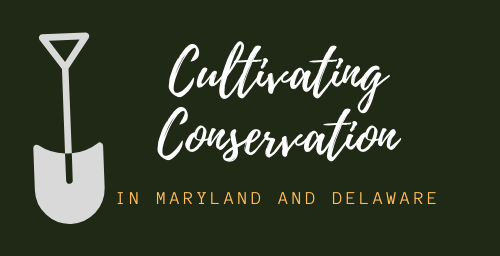
ALEI at the University of Maryland Francis K. Carey School of Law will collaborate with University of Maryland Extension (UME), University of Delaware Extension (UDE), Maryland (MD) and Delaware (DE) Natural Resources Conservation Service (NRCS), and MD and DE Soil Conservation District field offices, on a new program, Cultivating Conservation for Maryland and Delaware’s Small and Historically Underserved Farmers. The project, led by UME agricultural agent Dr. Sarah Hirsh, will aid historically underserved groups in their knowledge of NRCS programs, understanding of application processes, and how conservation projects can fit into an overall farm plan. Funding from an NRCS Conservation Collaboration Grant will be used for developing curriculum, conducting workshops and field trips, and producer outreach through July 2022.
Show More The NRCS and the Farm Service Agency (FSA) are United States Department of Agriculture (USDA) agencies that administer support services to farmers. Together the NRCS and FSA administer over 20 programs and subprograms to financially and technically assist producers and landowners who wish to practice conservation on agricultural land. The outcomes and impacts of the Project will be increased knowledge of conservation programs and resources available, familiarity with navigating NRCS offices and federal, state, and local agencies, and an increased understanding of the role of conservation in a farm production plan. ALEI team members Sarah Everhart and Margaret Todd will contribute by providing legal education on common eligibility requirements and explaining typical contractual obligations and expectations for participation in NRCS and FSA conservation programs. According to Everhart, “there are a plethora of conservation related programmatic opportunities available for farmers, however, many folks are understandably daunted when faced with the multiple government agencies, confusing acronyms, and contractual provisions. Our hope is that by educating growers about the players and the process, they will be empowered to choose the best conservation programs for their farm.” For more information visit: https://extension.umd.edu/newfarmer/cultivating-conservation or contact: Dr. Sarah Hirsh, Extension Educator, University of Maryland Extension, shirsh@umd.edu, 410-651-1350. Close
New Resource to Aid Growers Interested in Water Quality Trading
By: Sarah Everhart
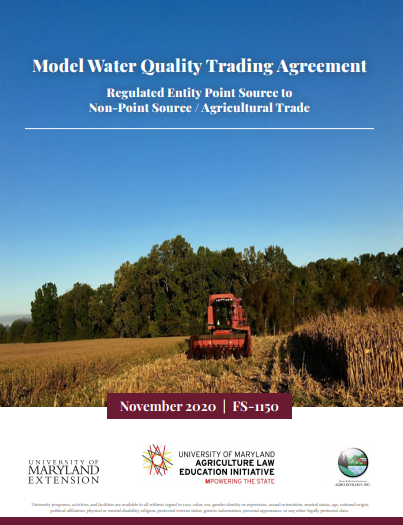
During the summer of 2020, the Agriculture Law Education Initiative (ALEI) and the Hughes Center for Agro-Ecology, Inc., with the assistance from the Russell Brinsfield Interns, created a model trading agreement to help farmers participate in Maryland’s Water Quality Trading (WQT) program.
Show More The WQT program, launched in January 2019, creates a public market for nitrogen, phosphorus and sediment reductions. The WQT is a voluntary, collaborative effort between the Maryland Department of the Environment (MDE) and the Maryland Department of Agriculture (MDA) to enhance the restoration and protection of the Chesapeake Bay and local waters by accelerating the pace and reducing the cost of conservation implementation. According to Dr. Suzanne Dorsey, MDE Assistant Secretary, “So many in our agricultural community choose to do more than the minimum requirements of the Nutrient Management Plans. Water Quality Trading is a tool to value the pollution reduction of the best management practices that Maryland’s farmers use to protect local waterways and the Bay.” To be eligible to trade, farmers need to make sure their operation reaches a baseline compliance level. A farmer who is interested in learning more about WQT can start at their local Soil Conservation District (SCD) Office and determine if he/she has met their threshold for trading using the Maryland Nutrient Trading/Tracking Tool. If the baseline is met, the farmer can either find out how many credits he/she is currently generating or discuss with SCD staff what best management practices (BMPs) can be implemented in order to generate more credits (Note: BMPs funded with cost-share typically don’t qualify for trading). The credits can be traded to entities that are required to reduce pollution; credits may also be purchased by corporations, not-for-profit organizations, or even individuals to be retired to help meet overall Chesapeake Bay environmental goals. To create the model trading agreement, ALEI Senior Legal Specialist Sarah Everhart and the Brinsfield Interns met with experts from the MDE, the MDA, and out-of-state experts to learn about what trading partners need to include in an effective trading agreement (the model WQT agreement is not endorsed by the MDA). Dr. Dorsey noted that “ALEI and the Hughes Center for AgroEcology bring credibility that helps MDE make sure that the concerns of farmers are met.” The model trading agreement is specifically for a trade between a farmer and a regulated entity point source, such as a County subject to a National Pollutant Discharge Elimination System (NPDES) permit. Once trading partners have been identified, the parties can use the model trading agreement as a helpful example to review and modify in consultation with their individual attorneys. Check out this resource to learn more about the trading process. Farmers with questions about how trading may benefit their operation can contact, Susan Payne, MDA’s Coordinator of the Ecosystem Markets and Certainty Programs at susan.payne@maryland.gov. Close
ALEI Workshops Provide Resource to Maryland Farmers
By: Mayhah Suri and Devin Doolan
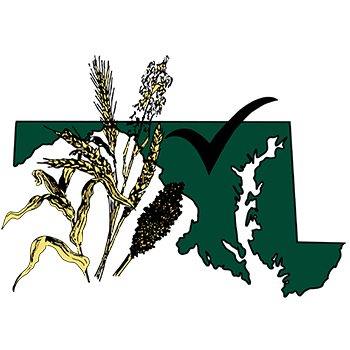
Paul Goeringer and Mayhah Suri, University of Maryland, recently collaborated with University partners Dr. Nicole Fiorellino, Dr. Amanda Grev, and Dr. Sarah Potts on a second round of workshops for local officials interested in learning more about developing issues in agriculture facing Maryland producers.
Show More The “What’s That Smell?” Understanding Modern Agriculture and What Officials Need to Know Workshops were made possible in part by a grant from the Maryland Grain Producers Utilization Board (MGPUB). In 2019, Goeringer, Fiorellino, Suri, and Dr. Jon Moyle held the first round of these workshops on the Eastern Shore in collaboration with University of Maryland Extension partners. Workshop participants reported knowledge gains on specific agricultural topics as a result of attending; 54% of attendees increased their knowledge on tillage practices, while 39% of attendees reported learning more about mediation options in agricultural disputes. Based on the success of these workshops, Suri and Goeringer applied for and received additional funds to support a second workshop series in western Maryland. Due to uncertainty and safety precautions related to COVID-19, the workshops were moved to an online format rather than in-person meetings. In selecting workshop topics, Goeringer noticed that local officials with limited agricultural experience often reviewed right-to-farm disputes. The interdisciplinary team developed presentations to introduce this audience to common practices in agriculture, including water use, grain production, poultry production, and basic legal issues. “Our goal was to come up with a way to reach non-agricultural audiences and help them understand what modern farming practices look like,” Suri said. Another goal of the series was to make non-agricultural audiences aware of the educational resources available through University of Maryland Extension and state agencies. ALEI partners Maryland Department of Environment and Maryland Department of Agriculture sent representatives to provide information about how their agencies regulate and support good agricultural practices. The workshop series was titled, “What’s That Smell: Understanding Modern Agriculture” to encourage audience members to ask questions or bring up any concerns. While in-person events are usually more conducive to this goal, Goeringer noted there were some benefits to doing these workshops online. “We were able to reach more people,” Goeringer explained, emphasizing that this played a vital role in reaching non-agricultural audiences. In moving this interdisciplinary program to an online environment, Suri noted that ALEI Coordinator Marta Manzano was integral to the transition. “Thanks to her effort,” Suri explained, “we were able to seamlessly transition into an online format.” Manzano’s work also meant the program was able to continue on schedule. Close
